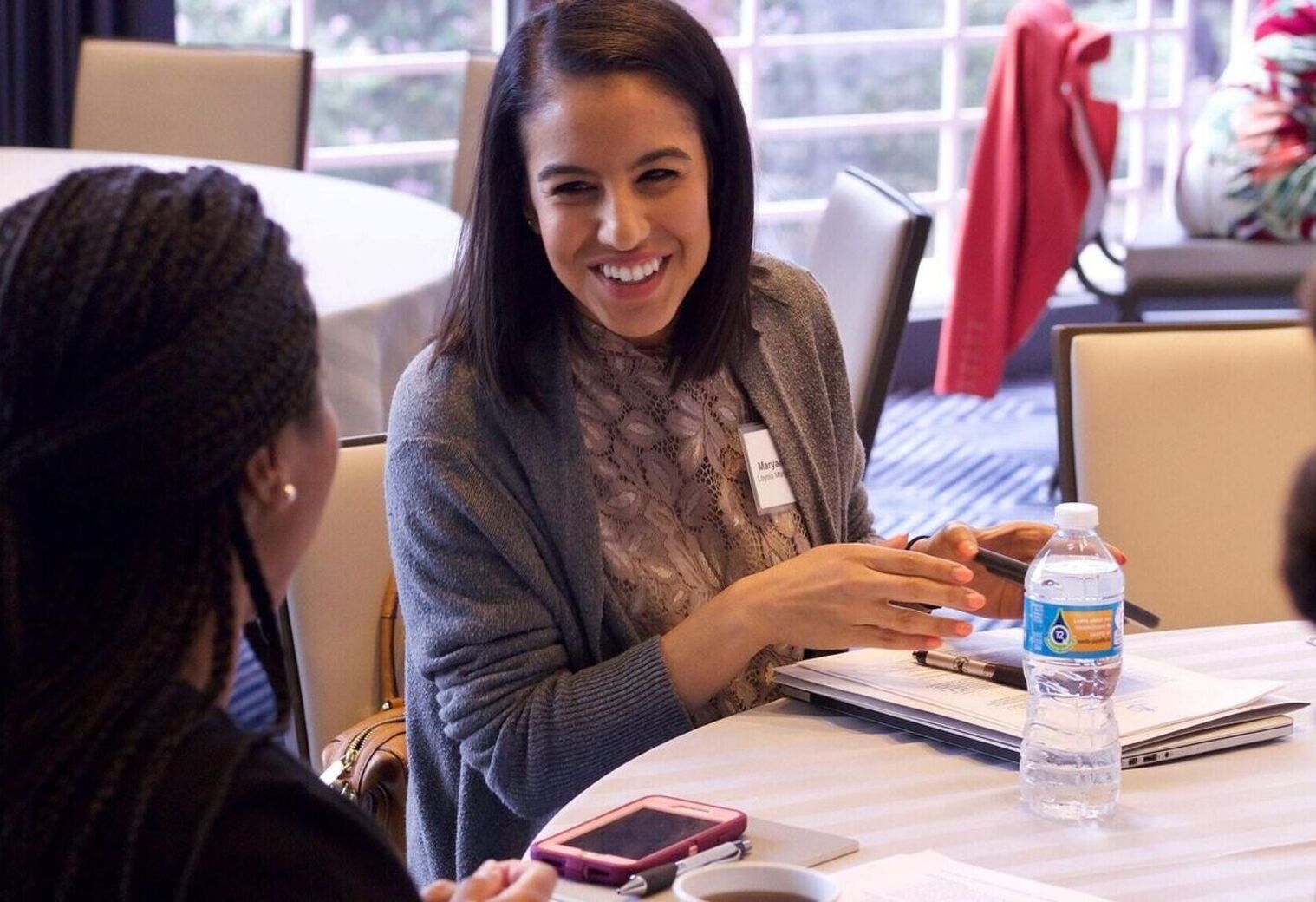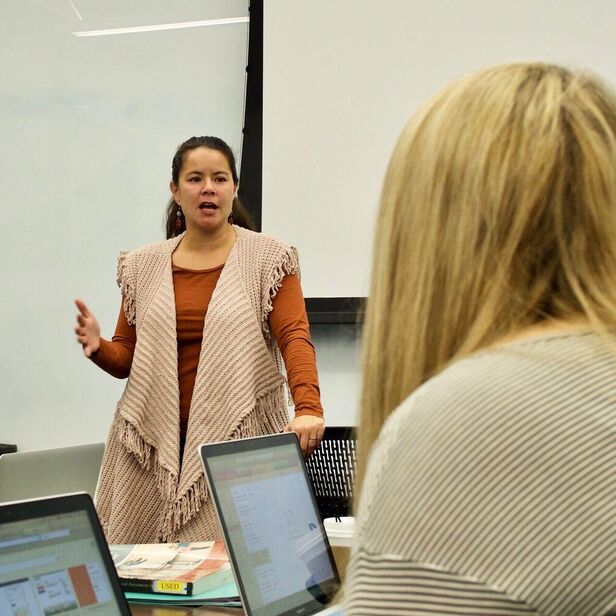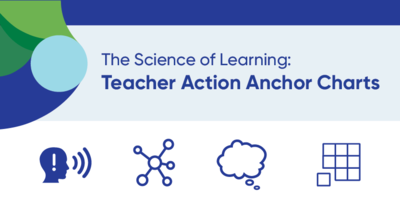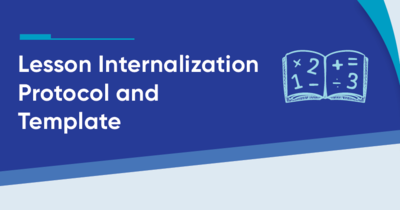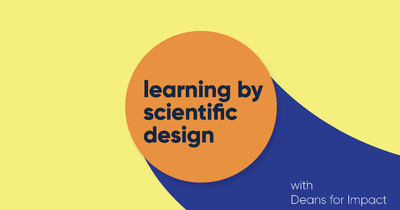We offer instructional support to educator-preparation programs and PK-12 school districts in service of our vision for well-prepared teachers.
We are researchers and practitioners with extensive experience creating and implementing teaching tools for practicing educators. Our instructional support brings the science of learning into teaching practice, with an equity-centered focus on early literacy, mathematics, and the identification and use of high-quality instructional materials.
Our support is offered in several ways:
Instructional Materials and Professional Learning
Access our synchronous and asynchronous instructional materials and coaching tools, receive support from us to integrate them into learning opportunities for aspiring and early career teachers, and measure impact on their learning over time.
Learn more:
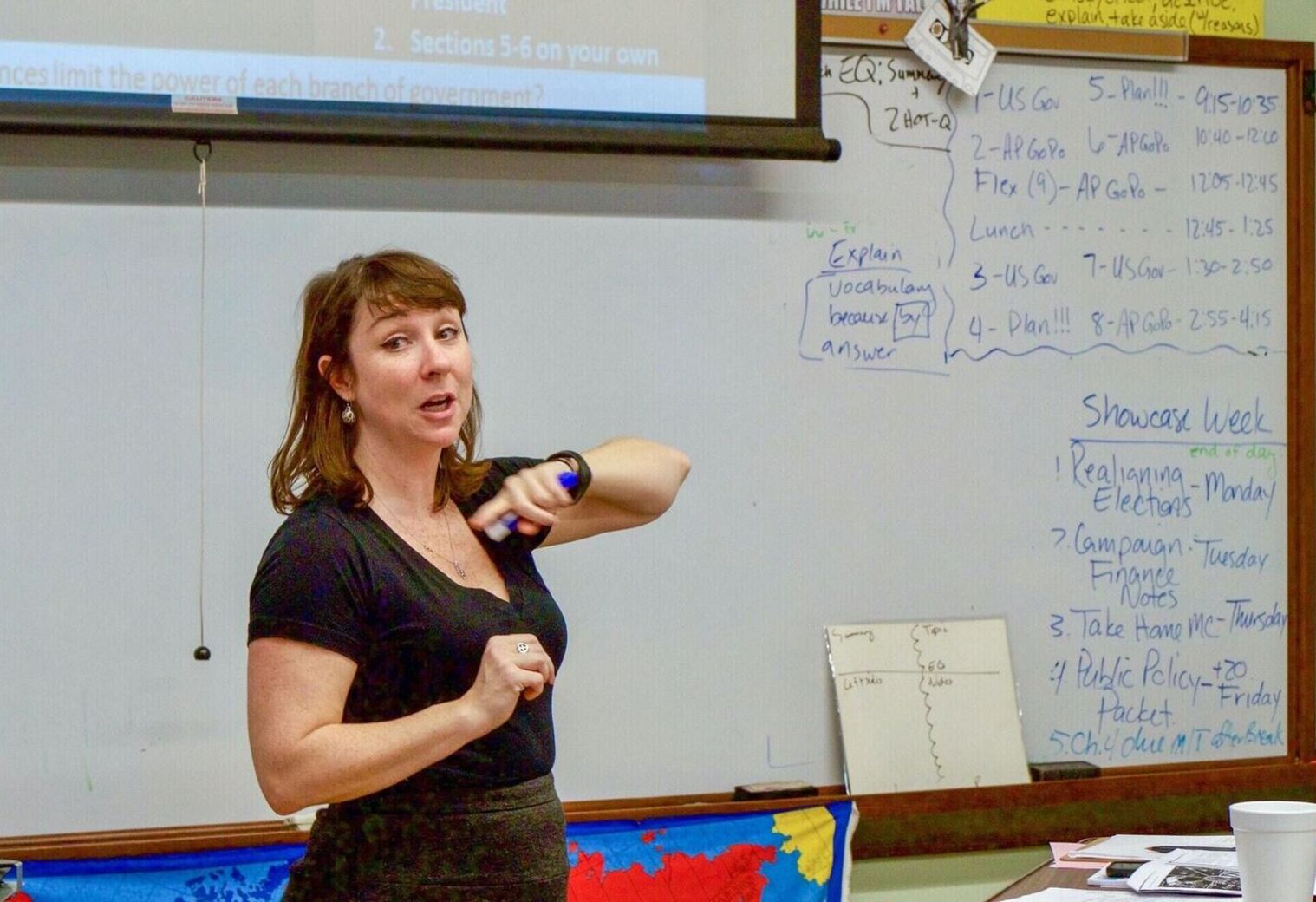
Partnerships with Educator-Preparation Programs and PK-12 School Districts
Bring us in to hone a specific instructional focus area in your program, district, or program-district partnership. Our services include on-the-ground learning visits, diagnostic assessments, data-informed professional development, coaching calls, and more.
Learn more:
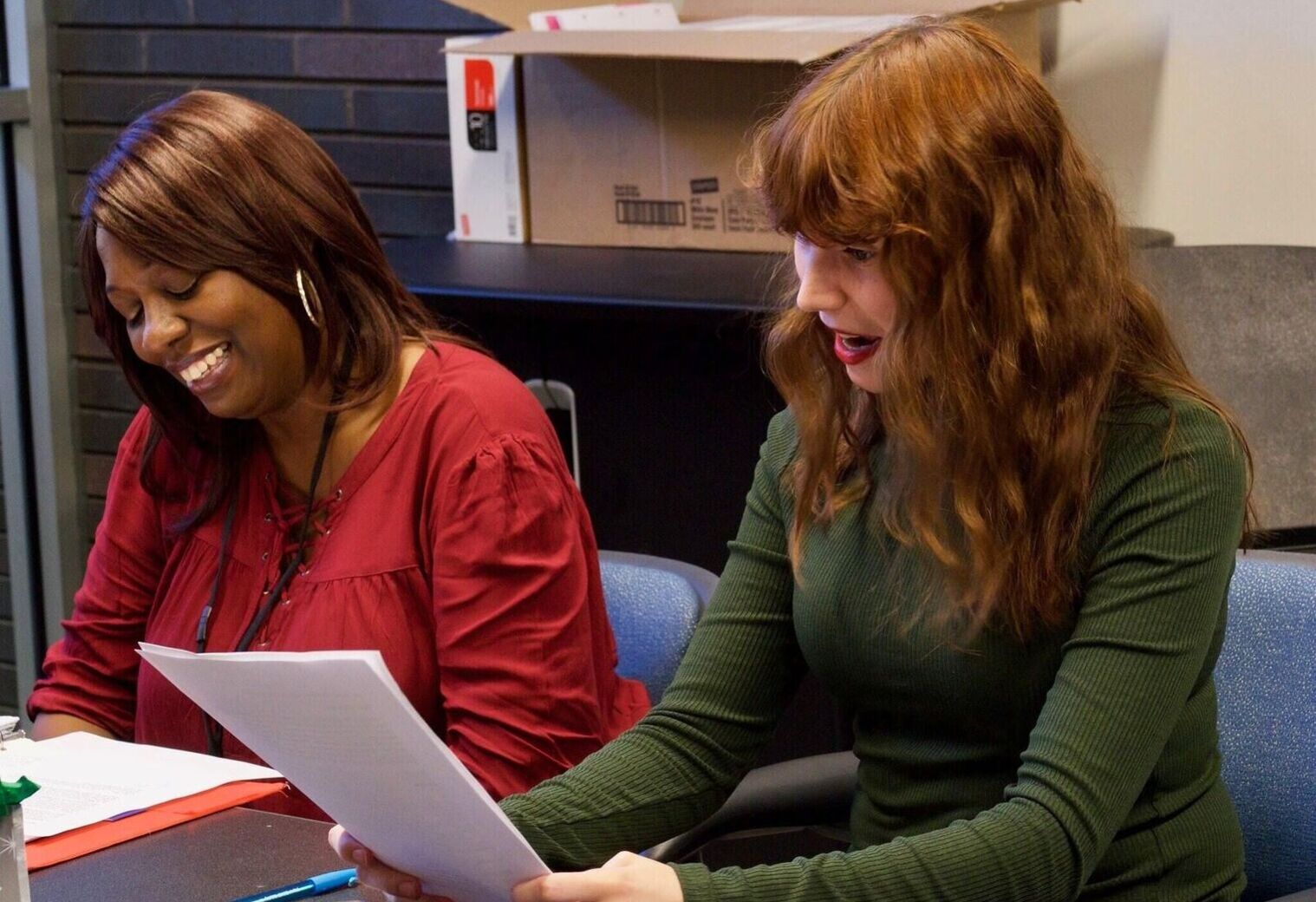
Networks of Educator-Preparation Programs
Work with us and other programs preparing teachers through a collaborative, networked approach to enact transformative change around a common aim and vision. Our networks offer intensive, comprehensive support for program teams and aspiring teachers to learn, assess, and enact equitable and inclusive instructional practices.
Learn more:
